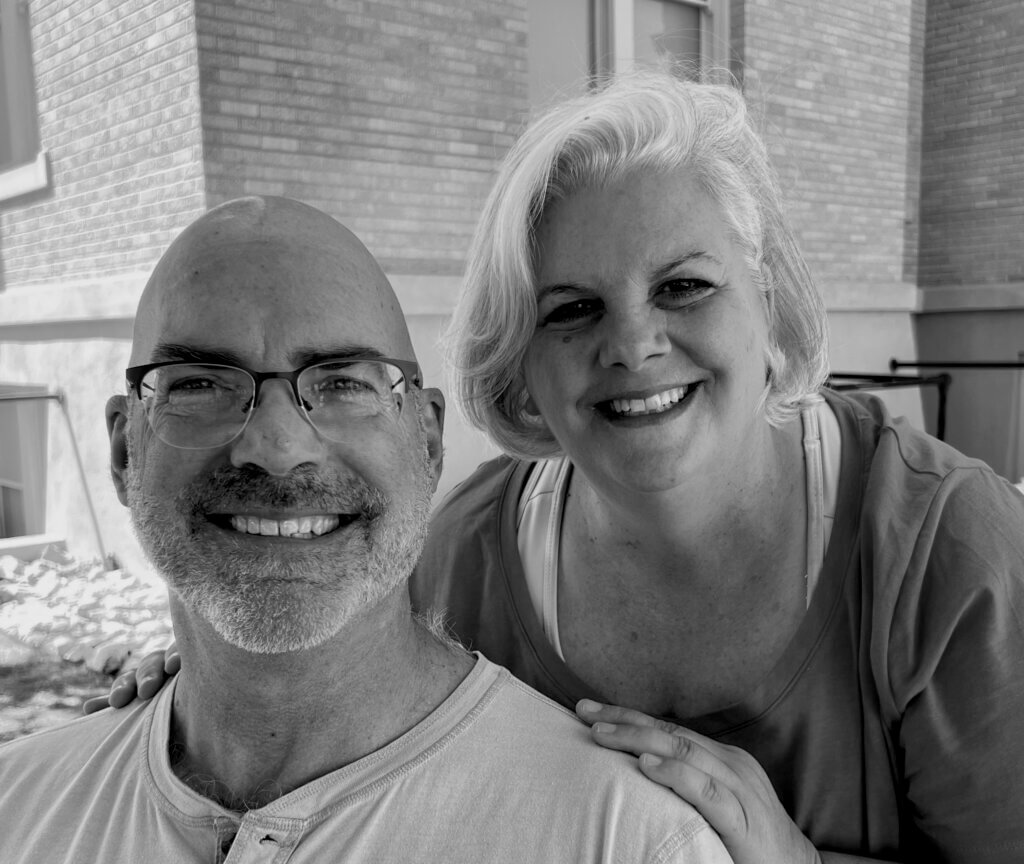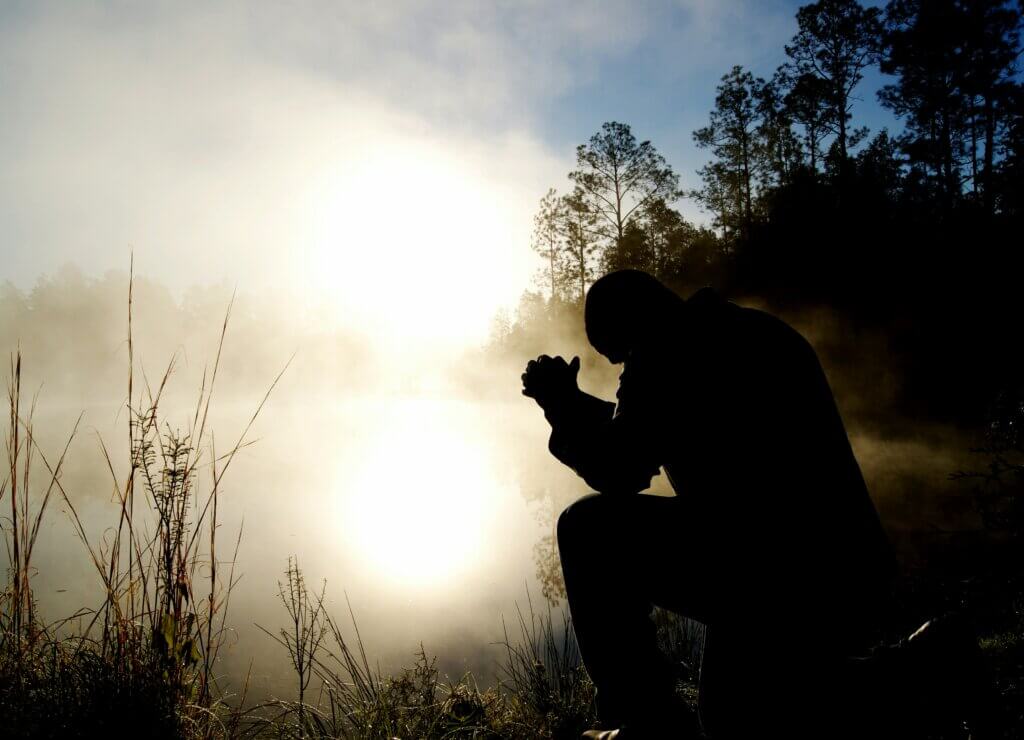by The Rev. Chris Goers
Problematic Sexual Behavior can be defined as sexual behavior that crosses a person’s moral, ethical or legal boundaries and affects the lives of people involved with that person. Examples include watching pornography and activities involved with that viewing. Also, emotional affairs, massage parlors, strip clubs, voyeurism, and exhibitionism.
But good news is happening today!
“I’ve struggled with addiction to lust and pornography most of my life. While in seminary I was confronted with my sin and began to see that I was an addict. With the help of this fellowship [Clergy Care Sex Addiction (SA) Group], … I am walking in recovery one day at a time.” – Clergy from Clergy Care SA Group
“A pastor on pornography is a broken, practical atheist and will only hurt and hamper gospel ministry and culture in the church he serves. The clergy and church need help…” – Clergy from Clergy Care SA Group
These are just two of the testimonies of clergy addressing their problematic sexual behavior through AAC’s Clergy Care groups for sex addiction. When clergy caught in the snare of addiction open their eyes and ask for help, they begin their miracle journey of healing.
What do we need to know about problematic sexual behavior among clergy?
- Clergy have progressed to habitual and compulsive pornography use long before they enter full time ministry.
- Shame and fear prevent clergy from seeking an effective path out of sin into righteousness.
- Clear boundaries must be paired with safe and anonymous assistance to produce a whole and holy life.
The challenge is for the church to understand the addiction progression. Try to understand the net that has trapped addicts has been closing in for many years, the miracle journey of healing takes roughly 3 years.
Addiction is a progressive disease that preys upon early hurt.
People don’t start life with the intent of engaging in problematic sexual behavior.
The vast majority of addicts were introduced to pornography between 6-12 years old. This introduction is paired with trauma and or discomfort that is seeking an escape. Using pornography to escape discomfort becomes the main avenue of relief. This escape, along with the added shame of the act, captures the person in a net of compulsive behavior. They don’t know they can’t stop until they vow to stop only to return to their shameful behavior. The temporary euphoria needs progressively stronger stimuli to escape their current pain, pressure and discomfort.
The progression of addiction is seen in longer time spent watching pornography, venturing into darker forms of pornography, or using people in their lives as objects of lust.
Addicts need opportunities to choose a better way.
Awareness of the pervasive use of pornography is a beginning for offering help.
The church can move beyond hoping it doesn’t happen here.
A Barna study from 6 years ago (The Porn Phenomenon) showed that pornography use among men is just as prevalent in the church as outside of it. Among full-time church staff, over 50% admitted to looking at porn monthly. Around 15% said they have a problem with watching pornography and about 7% would say they were addicted. Remember, this is a habit and compulsion that started long before they were called to ministry.
Some feel overwhelmed by the ramifications of holding people accountable for their sexual immorality. That decision only allows the addiction to progress from harming the clergy, to his family, to his congregation and possibly his diocese.
There is a better way address the problem of progressive use of pornography.
A knowledgeable church can offer a clear way out.
When the church clarifies the boundaries of sexual immorality and provides a safe place to receive a miracle, progressive behavior can be stopped before it goes too far.
Do you have the following in place at your church?
- Regular, public conversations providing a clear statement defining and prohibiting pornography use based on Matthew 5:28.
- An infrastructure preventing any use of pornography through the church’s digital resources?
- Staff with a verified support system to process stress without resorting to escape behaviors?
- Knowledge of anonymous resources such as AAC’s Clergy Care SA groups, experienced individual support, Certified Sex Addiction Therapists and treatment centers?
We can’t prevent someone from turning to their addiction if they have progressed to the point of a hard heart. We can provide the tender hearted clergy a way out that allows them to continue in their ministry. In fact, we see that a person who has learned to surrender this addiction and participate in this miracle has a stronger ministry.
Take the opportunity to examine your own behaviors.
I can’t write this article without offering an opportunity to examine your own behavior.
It’s normal to assume that some people reading this article need to hear the message that God can help with problematic sexual behavior and porn addiction. Problematic sexual behavior includes activities that cross boundaries created by vows to the spouse and vows made when entering ministry.
Asking these uncomfortable questions now will prevent a lifetime of hurt in the future.
- Have you ever thought you needed help for your sexual thinking or behavior?
- Have you ever tried to stop or limit your behavior only to find you are back to your usual habits?
- Does it interfere with your relations with your spouse or family?
- Do you see a progression in the amount of time using porn?
“Give no sleep to your eyes…free yourself like a bird from the snare of the fowler.” Prov. 6:4,5
Most people with problematic sexual behavior didn’t know where to look for available paths of help. Personal barriers like shame, fear and feeling hypocritical kept them from seeking out help.
Inaction invites progression. Progression invites an emotional and spiritual implosion that further damages families and congregations. Take this opportunity to ask for help.
The church can provide clear boundaries and a clear path for healing now and we avoid more scandals in the future. Honest conversations now offer a stronger church in the future. There is only One who has all power to help. There is one hope. There is Miracle healing if we have the courage to be honest with each other.
About the Chris and Jennifer Goers:

Chris and Jennifer separately came to Christ in their teenage years, Jennifer through church camp and youth events and Chris through Young Life. Chris eventually became a minister at an Episcopal Church in Dallas, TX, where he met and married Jennifer, who became a minister along with him. An education from Regent College, Vancouver, Canada, complimented their desire to reach those far from God through service and community. Chris was ordained to the priesthood in June of 2006. He and Holy Spirit Anglican Church in Mobile, AL started the process of joining the Anglican Church in North America in 2009. They then formed Shared Life Community Church, where God led them to others who were in need of freedom from pornography and sex addiction. Chris and Jennifer formed groups and a community of families who support each other as they live into the freedom God bought them through Jesus. In addition, both Chris and Jennifer have spent 2019-2022 gaining professional training in counseling to enhance their work in this area.
To find out more about Clergy Recovery Groups and to get connected with the ministry of the Rev. Chris and Jennifer Goers, visit the Clergy Recovery website at americananglican.org.


